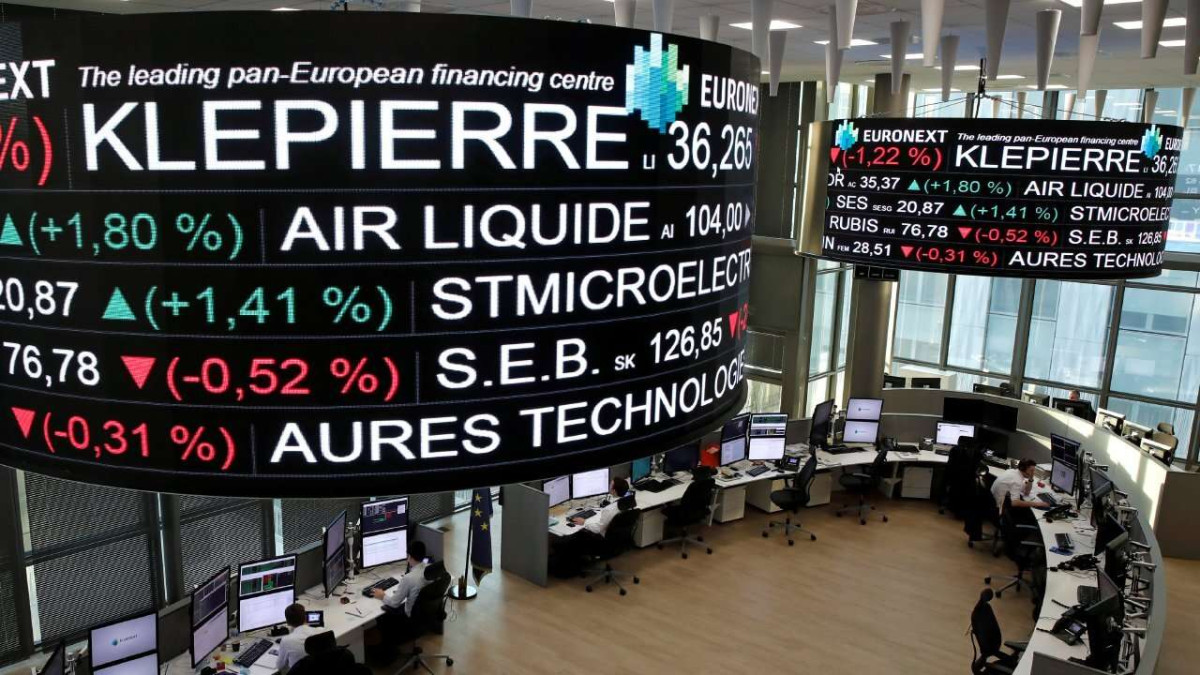
Intel Financial Report: Long-Term Risks Present


Intel's Third Quarter Report and Risks
Intel has managed to sustain its stock rally temporarily by revealing its latest quarterly financial report. However, the company's critical production division is still not in a stage of transformation, and this situation presents a long-term risk to the company's stock price, according to many Wall Street analysts.
The familiar chip maker announced that earnings and revenues for the quarter ending September came in above analyst expectations. These results indicate that Intel's financial position is improving following major investments from entities such as the U.S. government, SoftBank, and NVIDIA.
The stock gained nearly 8% in pre-market trading on Friday but retraced some of those gains at the opening.
Bernstein analyst Stacy Rasgon wrote in a note to investors, "We understand the desire to declare victory over the company's troubled state, but this war is far from over."
Intel's cash-burning production division was opened to external customers through Intel Foundry Services (IFS) in 2021 but has yet to transition into profitability. Remaining questions revolve around the long-term success of this division.
Losses from the production unit have shrunk from $4.2 billion in revenue to $2.3 billion. However, analysts predict that IFS's losses could rise to $2.5 billion in the fourth quarter, with revenue potentially dropping to $4.1 billion.
A critical issue for this division is attracting significant commitments from customers. According to Rasgon's calculations, only $8 million of the foundry revenue came from external customers.
In the last quarter, Intel clarified that its primary manufacturing process, 18A, will mainly be used for internal products, indicating a failure to attract external chip designers. In future periods, IFS will work on the next generation manufacturing process, 14A, to attract external customers. However, CEO Lip-Bu Tan emphasized in discussions with analysts that the capacity for this process would only be increased when they saw customer demand.
Tan mentioned that the company is in discussions with potential external customers and previous feedback has encouraged them, but Rasgon stated, "There is still a long way to go with 14A."
Intel's production division challenges emerge as the product division loses market share against AMD. Analysts indicate that these dynamics pose a risk of the company's stock price stepping back when the short-term excitement fades.
Deutsche Bank analyst Ross Seymore, in their assessment, stated, "Intel may be positive about potential foundry partnerships, artificial intelligence collaborations, and new products, but when it comes back to fundamental factors, there can be headwinds for the stock price."
Intel argues that its production division is critical for the U.S. supply chain, as most computer chips globally are produced by TSMC in Taiwan. The U.S. government's purchase of a 9.9% stake in the chipmaker in August has lent importance to this argument.
However, some believe that TSMC's $165 billion investment in new American factories will help mitigate these supply chain risks.
Citi analyst Chris Danely noted in a research note, "We believe investors think Intel's external capital foundry business could be profitable, but we disagree because we think Intel's foundry business is years behind TSMC." Danely argues that Intel should divest its third-party production business.
After years of delays in introducing new manufacturing processes, Intel under former CEO Pat Gelsinger claimed it would present five process nodes within four years to catch up with TSMC and attract external customers. However, the plan fell significantly short of expectations, leading Intel shares to drop in 2024. The new CEO Tan and his management team have agreed to adopt a more cautious tone while defining their strategies in production and artificial intelligence.
During a phone call with executives on Friday afternoon, they acknowledged that the chip yield from a silicon wafer created using the 18A process is below the required level. Notably, Intel's CFO David Zinsner stated that while yields are "sufficient," they do not meet the necessary profit margins.
Zinsner also added that 18A will reach peak capacity "at the end of decades."
Finally, analysts pointed out that the demand levels for chips produced with 18A, named Panther Lake and Clearwater Forest, are uncertain. Bank of America analyst Vivek Arya reiterated the negative performance rating on Intel shares on Friday, stating, "Importantly, I must note that we do not expect a significant improvement in the current negative cost structure for Intel Foundry."
```.png)
Yakında Tüm Platformlarda
Sizlere kesintisiz haber ve analizi en hızlı şekilde ulaştırmak için. Yakında tüm platformlarda...





.png)